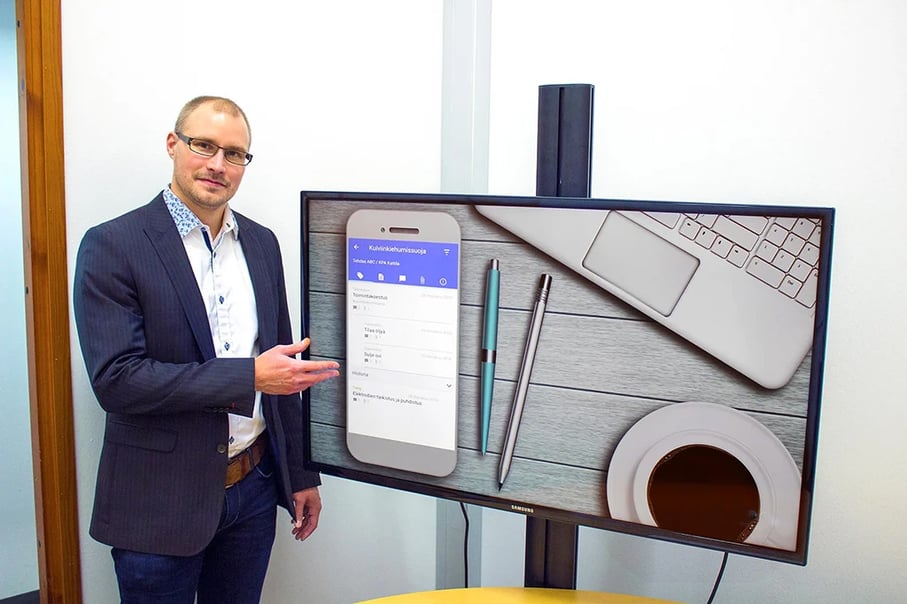
Digital transformation changes the world, in some places faster than in others. While the consumption of printed newspapers will change to digital form over the years, the Uber and Pokémon phenomena influence entire lines of businesses collecting billions of euros in new pockets over a few months’ cycle. Digital transformation is today on everyone’s lips and on the agenda of many. Even to the extent that those who are well acquainted with it, and even those who do not know so much about it are already annoyed by the term itself and many feel that it is used either too much or much too little or in incorrect contexts. We have smelled, tasted and become annoyed by digital transformation, and now we even dispute over its reason for being.
While the consumption of printed newspapers will change to digital form over the years, the Uber and Pokémon phenomena influence entire lines of businesses collecting billions of euros in new pockets over a few months’ cycle
As such, digital transformation is not hype in itself although so suggested by some. The key inventions enabling digital transformation have been made and both societies and consumers have made the irreversible choice to build wireless networks, centralised services and sufficiently efficient terminal devices. Legislation and institutions will follow or else they will lose their significance. While the mainstream takes digitalisation into practical use, hype and misuse of the term appear in small streams.
Digital transformation is an opportunity
Digital transformation is an opportunity with a continuously expanding scope of implementation as technology advances. Hype is manifested in visions that cannot be commercially realised yet at this stage. However, this does not mean that new innovations or new business could not be made already today with digitalisation. How can you recognise genuine digital transformation? Below are a few questions that help check the digital nature of a thing, phenomenon, service or product.
- Is it wirelessly usable via any network?
- Does it essentially reduce overlapping and manual routine work performed by people?
- Can it be taken into use with small initial investments?
- Is its maintenance ratio – the relation between human work required for system maintenance and the number of end users – 10 to 1,000 times smaller than in traditional IT systems?
- Does it produce new type of services and completely new ways of operation?
- Does it give access to markets, customers or service models that were earlier inaccessible?
Do you understand what digitalisation means for a business manager or decision-maker?
Read more
A Digital Twin gives certainty under exceptional circumstances
Hidden data security challenges of integrations can be solved
Are robots nice workmates?
Back to the Pinja Blog
Categories
- Pinja Career (63)
- Production development (39)
- Software development (39)
- Business Intelligence (35)
- Digital business (30)
- Circular economy and natural resources (26)
- Sustainability (26)
- Ecommerce (21)
- Digital society (20)
- Industrial digitalization (19)
- Maintenance development (19)
- Supply chain management (19)
- ERP (18)
- ICT services (18)
- Industrial innovation (11)
- Health and welfare technology (9)
- Forest industry ERP (8)
- Lean (4)
